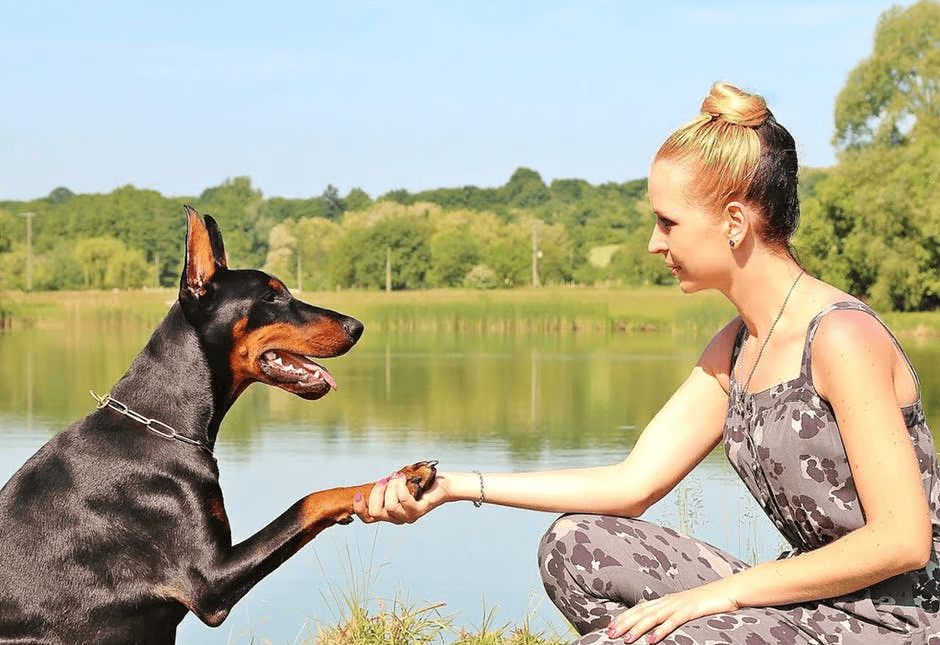
As a dog owner, you want the best for your furry friend. You want them to be well-behaved, obedient, and loving. But, let's face it, sometimes it can be challenging to get your dog to listen and behave as you'd like. That's where Tampa dog training comes in. With the right training, you can unlock your dog's full potential and build a stronger bond with them. In this article, we'll explore the world of Tampa dog training, its benefits, and how you can get started.
Benefits of Tampa Dog Training
Before we dive into the specifics of Tampa dog training, let's talk about the benefits. Training your dog can have a significant impact on their behavior, your relationship with them, and even your daily life. Here are just a few of the benefits you can expect:
1. Improved Behavior: Training your dog can help them become more well-behaved and obedient. This means fewer accidents, less barking, and a more pleasant living environment.
2. Stronger Bond: Training your dog can help you build a stronger bond with them. By working together and communicating effectively, you can develop a deeper understanding and connection with your furry friend.
3. Reduced Stress: Training your dog can be a great way to reduce stress and anxiety. By providing your dog with mental and physical stimulation, you can help them feel more relaxed and content.
4. Increased Confidence: Training your dog can help them become more confident and self-assured. By teaching them new skills and behaviors, you can help them feel more capable and empowered.
Types of Tampa Dog Training
There are many different types of Tampa dog training, each with its own unique benefits and focus. Here are a few of the most popular:
1. Positive Reinforcement Training: This type of training focuses on rewarding good behavior with treats, praise, and affection. It's a gentle and effective way to teach your dog new skills and behaviors.
2. Obedience Training: This type of training focuses on teaching your dog basic obedience commands, such as "sit," "stay," and "come." It's a great way to establish clear communication and boundaries with your dog.
3. Agility Training: This type of training focuses on teaching your dog to navigate obstacles and challenges. It's a fun and physically demanding way to provide your dog with mental and physical stimulation.
4. Behavioral Training: This type of training focuses on addressing specific behavioral issues, such as barking, chewing, and digging. It's a great way to address problem behaviors and improve your dog's overall behavior.
Getting Started with Tampa Dog Training
So, you're interested in getting started with Tampa dog training. That's great! Here are a few tips to help you get started:
1. Find a Trainer: The first step is to find a reputable and experienced dog trainer. Look for someone who uses positive reinforcement techniques and has a good reputation in the community.
2. Set Goals: Before you start training, take some time to think about what you want to achieve. Do you want to teach your dog basic obedience commands? Do you want to address specific behavioral issues? Having clear goals will help you stay focused and motivated.
3. Start Small: Don't try to tackle too much at once. Start with small, manageable goals and gradually build up to more complex behaviors.
4. Be Consistent: Consistency is key when it comes to dog training. Make sure you're using the same commands and rewards every time you train your dog.
5. Be Patient: Training a dog takes time and patience. Don't get discouraged if your dog doesn't pick up a new behavior right away. Keep practicing and stay positive.
Conclusion
Tampa Dog Training is a powerful tool for building a stronger bond with your furry friend and improving their behavior. By understanding the benefits and types of training, you can get started on the right foot. Remember to find a reputable trainer, set clear goals, start small, be consistent, and be patient. With time and practice, you can unlock your dog's full potential and enjoy a more harmonious and fulfilling relationship with them.